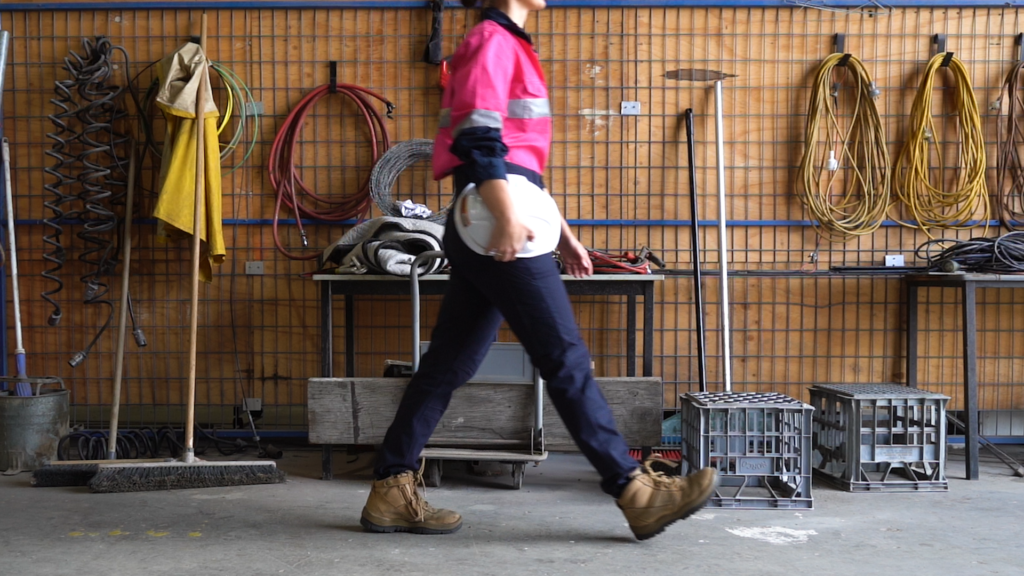Popular Posts
For many school leavers, the conventional persuasion has always been to pursue a university degree as the next step. While a tertiary education can be undoubtedly valuable to some, it certainly isn’t a one-size-fits-all model, nor is it the only path to a successful, fulfilling and financially rewarding career. In recent years, the notion of choosing a blue collar career over a white collar one has gained popular traction, and for good reason.
One of the most significant advantages of choosing a trade is the speed at which you can enter the workforce with the capacity to earn while you learn. Generally speaking, taking up vocational training or an apprenticeship path, means you will be employed to earn a wage while you train on the job or undertake a short course to learn a skill and be deemed competent and job ready upon completion.
For those who choose this path, it can mean that they start earning a salary sooner and begin building a career from day one, all while avoiding the mountain of student debt that often comes with a university degree and four years out of the workforce whilst studying.
The trade and construction industry is an ever evolving space with unstoppable momentum. Skilled tradespeople are a hot commodity the world over due to the supply demands and a quickly evolving and ever consuming economy. Tradespeople are essential across many industries, and as a result, skilled tradespeople can often secure stable employment with relative ease. In contrast, some university graduates find themselves struggling to find a job in their chosen field, as the job market for certain degrees can be oversaturated and highly competitive.
We chatted to 2022 Apprentice of the Year, Jennah Halley, who has several trades now under her belt, about her vocational experience, apprenticeships, what she loves most about her chosen career path and the dire shortage of skilled tradespeople.
Working in the industry each day, have you experienced a shortage of tradespeople?
Yes, extremely short in our industry and most companies are running ads all year long with relocation expenses included.
What are the advantages of taking on an apprenticeship as a way of training?
Apprenticeships are our way into the future. Gaining a registered trade and earning at the same time is seen as the Australian way. Trades are not just for a career but they are about helping our mates and upskilling our future.
Where you ever under the assumption growing up that to “succeed” you need a university degree?
Not me personally, no. I grew up with my dad, uncles and brother. We lived rural and had to fix things ourselves. 3 of my sisters are all on the university pathway and my brothers and I (3 of us) are in the trades or laboring fields.
What do you love most about a career in the trades?
I love being able to help people whether it’s family needing practical help or customers wanting to understand why a problem has occurred. The fulfilment of completing something or watching it work after a breakdown is the icing at the end of a hot day.
Choosing a trade not only future proofs your career, research has found it produces happier and more financially stable young adults than a conventional tertiary education can. So, if you have doubts about a university program being the right choice for you, consider whether a trade might be more aligned with what you want from a career. It could be the road less traveled but lead to a highly rewarding destination.
If the idea of undertaking a trade excites you, call one of our friendly course advisors today on 1300 790 822 to pave out your future.



